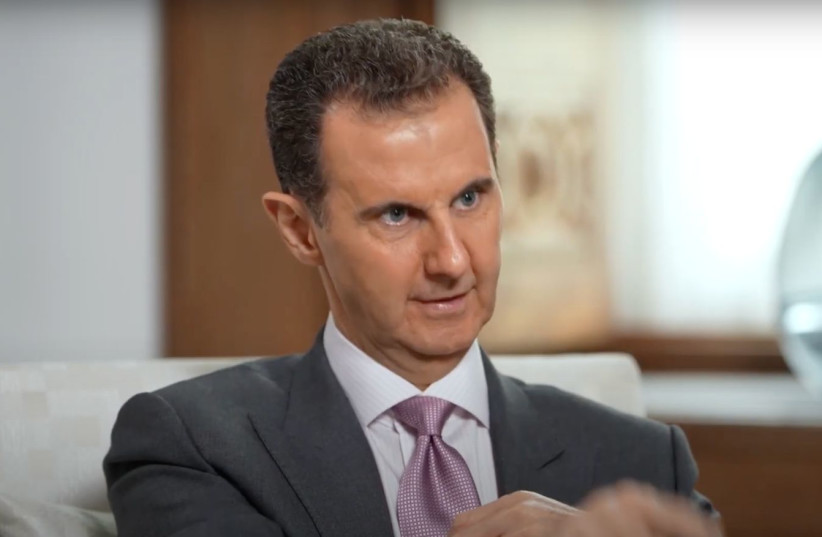Syria is not out of the woods yet, and extremism and terrorism remain a main concern, the United Arab Emirates diplomatic advisor to the president said on Sunday, adding that he did not know whether or not Bashar al-Assad was in the UAE.
"I don't know," Anwar Gargash told reporters on the sidelines of the Manama Security dialogue in Bahrain when asked if Assad was in the UAE.
Syrian rebels said on Sunday they had ousted President Bashar al-Assad, eliminating a 50-year family dynasty in a lightning offensive that raised fears of a new wave of instability in the Middle East gripped by war.
Gargash blamed Assad's downfall on a failure of politics and said he had not used the 'lifeline' offered to him by various Arab countries before, including the UAE.
"Now there was a major failure, basically, in part in politics and policy, because Assad did not really use the sort of, you know, lifeline, that was thrown to him by various Arab countries, including the UAE, and did not really use that to open up, to move on to constitutional discussions that were taking place."

UAE hoped to distance itself from Assad
The UAE had hoped to distance Assad from Iran and had taken up a leading role in rehabilitating him among the mainly Sunni Muslim Arab states that shunned him after he accepted help from Shi'ite, non-Arab Iran and Russia to put down the Sunni-led rebellion against him.
Sources had told Reuters earlier this month that the US and the UAE had discussed with each other the possibility of lifting sanctions on Assad if he peels himself away from Iran and cuts off weapons routes to Lebanon's Hezbollah.
"We're very worried about chaos. We're very worried about extremism. We remain worried about the territorial integrity of Syria," Gargash said, adding that recent events created a moment to connect and speak with Iran about what comes next.
"We don't know about the shape of developments in Syria. Is this going to be a sort of wiser group that will be able to actually transcend, as I mentioned, Syria's tortured history, or are we going to go back into a reincarnation of radical and terrorist organisations playing a major role?"
